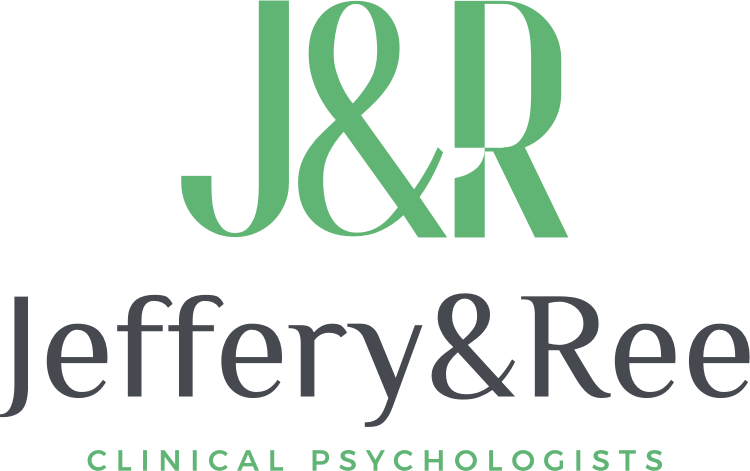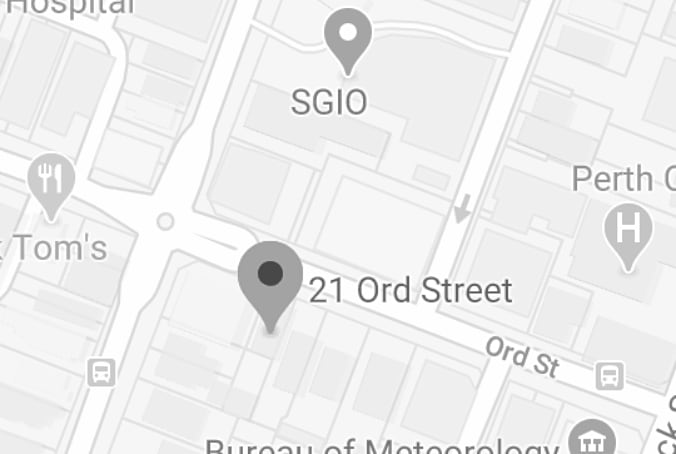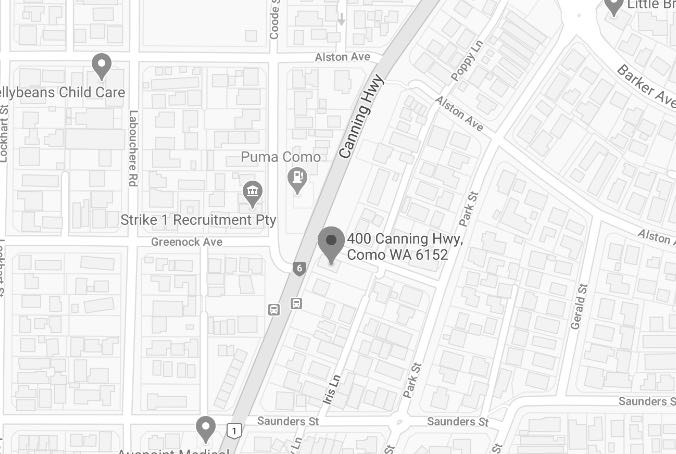When you book, you will be asked to complete some short online questionnaires that assess your level of stress, anxiety and mood. In your first session, you will be asked questions so we can understand your situation and start generating a treatment plan.
You will be given something to read, be asked to reflect, or asked to try a new strategy or exercise after each session. Implementing new strategies can be challenging but it is important to follow to instructions as closely and consistently as possible in order to achieve maximum benefit. Time will be spent in sessions helping you to find a way to stick the strategy you are implementing. We will ask for feedback at each session so that therapy can be refined in a collaborative way. Usually the treatment will not take a lot of time during your week but giving some time to your therapy in between sessions is important for maximising its effectiveness.




